Shaahin Mohajeri, the award-winning Iranian microtonal compose, has contributed to The Art of Silence is an international project which features unpublished pieces by microtonal composers from Iran, Japan, the United States, and other countries.
Tag Archives: shahin mohajeri
Non-profit “Microtona” Project Released
Microtona is a sixty-eight-page Booklet with personal comments by the contributing microtonal artists. The booklet also includes a DVD which consists of 8 original video tracks and 9 original audio tracks. The project is an international one featuring unpublished pieces by composers from Iran, Japan, U.S., France, Austria, Germany and Belgium.
Latest posts
- Transition to Enlightenment: Six Lectures on Mozart’s String Quartets (5)
- Nasser Masoudi: The Voice of Gilan and a Legacy of Iranian Music
- Farhad Poupel: The Voice of the Shahnameh in the Orchestras Around the World
- Five Major Myths About Mozart’s Life
- Bahma Rajabi Passed Away!
- Reza Vohdani; Unveiling unpublished works, preservation of Iranian classical music
- Ahmad Pejman Passed Away!
- Timeless or Timely: The Role of Historical Context in Defining Artistic Value
- Leading the Charge in Censorship
- The Legacy of Khosrow Jafarzadeh
- Transition to Enlightenment: Six Lectures on Mozart’s String Quartets (4)
- Fereydoun Shahbazian, An Iranian Musical Icon Passed Away
From Past Days…
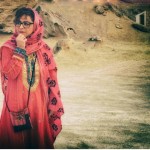
Three singers in one larynx
Sima Bina (b. 1945) is a unique singer among the singers of Golha radio programmes which were broadcast on Iranian National Radio for 23 years from 1956 to 1979. She received her first lessons in music from her father who was a poet, a musician and the most important supporter of Sima’s cultural activities.

Music education in third-world countries
Music education in third-world countries is facing many problems that limit access to it and it’s full of challenges. These rising and falling obstacles are made of the socioeconomic, cultural educational systems, etc.

Payam Taghadossi: Talented Iranian-Austrian Cellist
Payam Taghadossi (born in 1989) started his musical education at the age of 4 years with Monika Scherbaum in Bregenz (Austria). At the Conservatory Feldkirch he joined the class of Imke Frank and Martin Merker. Later he studied in Zurich (Switzerland) with Thomas Grossenbacher and Christian Proske, where he 2011 graduated as a Bachelor of Arts in Music Performance. Two years later as the student of Rafael Rosenfeld he received his Master of Arts in Music Performance diploma and later graduated as a Master of Arts in spezialized Music Performance in 2016 from the Hochschule für Musik Basel FHNW.
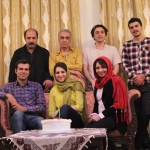
HarmonyTalk Celebrates 11th Anniversary
April 6 marks the anniversary of launching HarmonyTalk.com. Back in 2004, HarmonyTalk was rather a blog dedicated to music. Gradually, however, it found its way to becoming a more sophisticated journal with an intensive but not exclusive concentration on classical music.
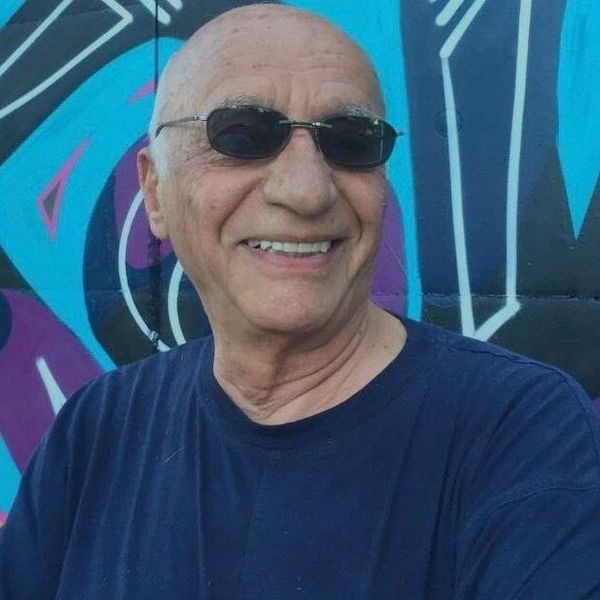
The Legacy of Khosrow Jafarzadeh
This year marks the fifth anniversary of the passing of Khosrow Jafarzadeh (Khosrow Djafar-Zadeh), a distinguished architect and pioneering researcher of Iranian music, whose contributions to the magazine “Harmony Talk” have left an indelible mark on the field. The absence of this remarkable individual has significantly impacted the expansion and advancement of his theories, which are heralded as some of the most progressive in the history of Iranian music
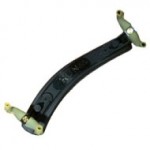
Principles of Violin Playing (I)
The present series of training articles, “Principles of Violin Playing”, seek to help students, to appropriately understand this field, by gradually introducing, categorizing, and teaching the myriad relevant points. One of the principles of playing violin, which must be always kept in mind, is that the selection of the most natural position for the body parts while playing is the best and most appropriate solution. As a matter of fact, any unnatural body part position which requires lots of energy or unusual stretching to maintain, is wrong.

Iranian Fallacies – Composition and Arrangement
In the tradition of classical music, it is generally tried to use the same technical terms related to music in all countries. Even in the cultures in which native terms exist to refer to musical terms, usually the better known universal terms are employed.

Leading the Charge in Censorship
Davoud Pirnia, writer and musicologist was the founder of “Golha” (Flowers of Persian Song and Music) programs on Tehran Radio (1956-1966). He received his early education from his father, Hassan Pirnia (Moshir al-Douleh), and several tutors of the time (Taraghi, interview, July 1989) and continued his studies at Saint Louis School in Tehran and then in Switzerland and graduated in law. While studying law, Pirnia got acquainted with European classical music. Upon returning to Iran, he was employed by the Ministry of Justice and founded the Lawyers’ Guild. Then he was transferred to the Ministry of Finance and established the Department of Statistics in this ministry. Later, he became the head of the state inspection office at the Prime Ministry; he was, then, promoted to the position of the Deputy Prime Minister (Navab Safa, interview, August 1999)
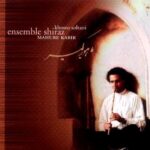
Persian Music: “Mahour the Great” in Austria
In 1990 an Austria-based Persian musician Khosro Soltani, in cooperation with Hossein Alizadeh, put out an album entitled, Ancient Call A New (Nobang-e Kohan). After many years, a few ancient Persian instruments such as Sorna, Karna, Naghareh,etc. have been used, instruments which have been left out of the circle of Persian classical musical instruments for centuries.
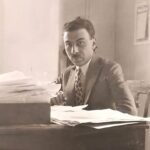
About Davoud Pirnia, the founder of “Golha” radio program
Davoud Pirnia, writer and musicologist was the founder of “Golha” (Flowers of Persian Song and Music) programs on Tehran Radio (1956-1966). He received his early education from his father, Hassan Pirnia (Moshir al-Douleh), and several tutors of the time (Taraghi, interview, July 1989) and continued his studies at Saint Louis School in Tehran and then in Switzerland and graduated in law. While studying law, Pirnia got acquainted with European classical music. Upon returning to Iran, he was employed by the Ministry of Justice and founded the Lawyers’ Guild. Then he was transferred to the Ministry of Finance and established the Department of Statistics in this ministry. Later, he became the head of the state inspection office at the Prime Ministry; he was, then, promoted to the position of the Deputy Prime Minister (Navab Safa, interview, August 1999)